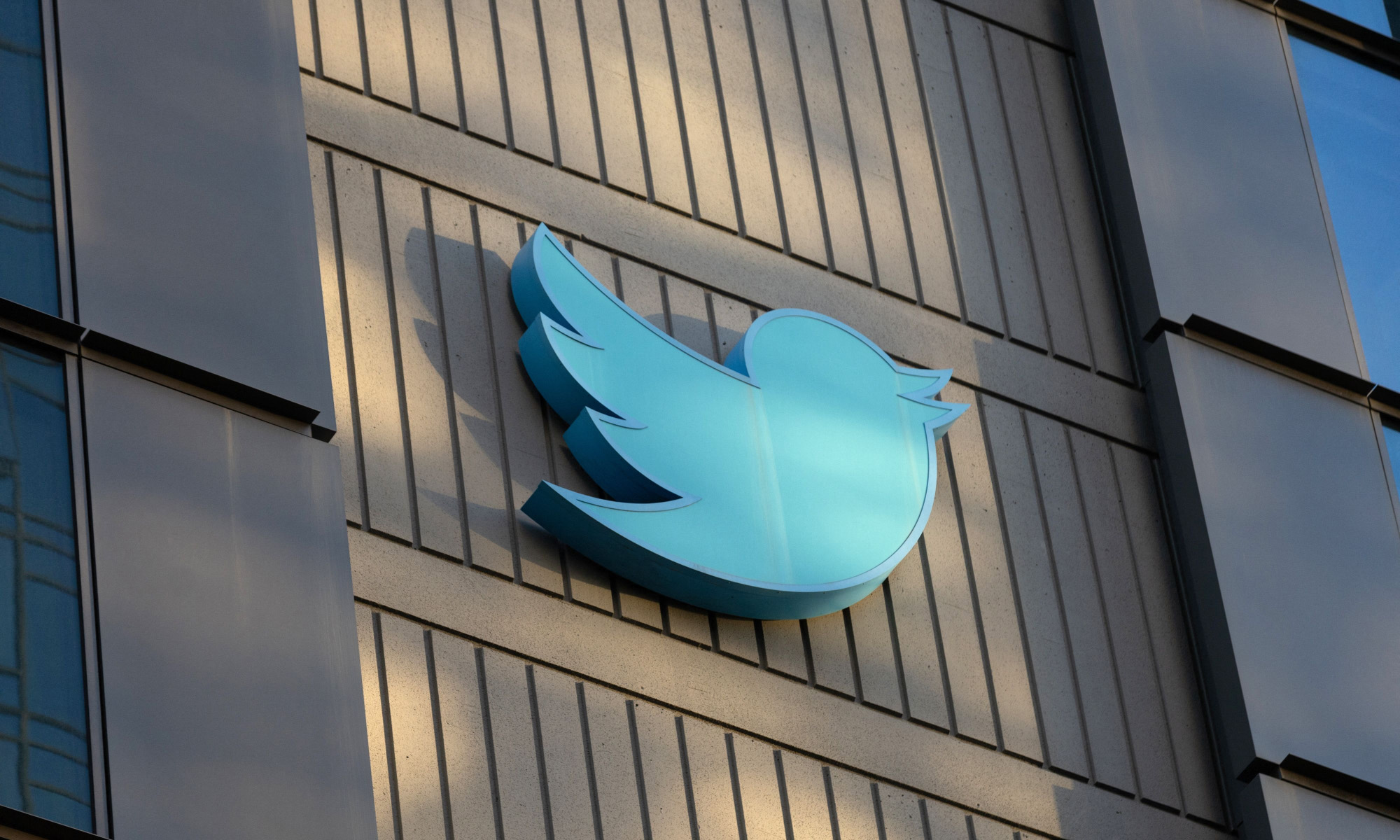News
Twitter To Allow Publishers To Charge On A Per-Article Basis
Twitter CEO Elon Musk continues to implement changes to boost the platform’s revenue.

Controversial Twitter CEO Elon Musk tweeted on Saturday that the social media platform would soon allow media organizations to charge users on a per-article basis. The feature can be activated with a single click, and Musk sees it as a “major win-win for both media orgs & the public”.
Rolling out next month, this platform will allow media publishers to charge users on a per article basis with one click.
This enables users who would not sign up for a monthly subscription to pay a higher per article price for when they want to read an occasional article.…
— Elon Musk (@elonmusk) April 29, 2023
The new feature will be rolled out sometime this month and will enable users who don’t want to sign up for a full monthly subscription to pay to read occasional articles that interest them.
Also Read: A Guide To Digital Payment Methods In The Middle East
Musk had already announced on Friday that Twitter would take a 10% cut on content subscriptions after a pause during the first year, and that subscriptions would include long-form text and “hours-long” video.
Since taking over Twitter in October, Elon Musk has made several controversial organizational and feature changes. The social media platform removed the famous blue check mark feature and replaced it with a paid service, while the number of employees was cut by a massive 80%.
News
Rabbit Expands Hyperlocal Delivery Service In Saudi Arabia
The e-commerce startup is aiming to tap into the Kingdom’s underdeveloped e-grocery sector with a tech-first, locally rooted strategy.

Rabbit, an Egyptian-born hyperlocal e-commerce startup, is expanding into the Saudi Arabian market, setting its sights on delivering 20 million items across major cities by 2026.
The company, founded in 2021, is already operational in the Kingdom, with its regional headquarters now open in Riyadh and an established network of strategically located fulfillment centers — commonly known as “dark stores” — across the capital.
The timing is strategic: Saudi Arabia’s online grocery transactions currently sit at 1.3%, notably behind the UAE (5.3%) and the United States (4.8%). With the Kingdom’s food and grocery market estimated at $60 billion, even a modest increase in online adoption could create a multi-billion-dollar opportunity.
Rabbit also sees a clear alignment between its business goals and Saudi Arabia’s Vision 2030, which aims to boost retail sector innovation, support small and medium-sized enterprises, attract foreign investment, and develop a robust digital economy.
The company’s e-commerce model is based on speed and efficiency. Delivery of anything from groceries and snacks to cosmetics and household staples is promised in 20 minutes or less, facilitated by a tightly optimized logistics system — a crucial component in a sector where profit margins and delivery expectations are razor-thin.
Despite the challenges, Rabbit has already found its stride in Egypt. In just over three years, the app has been used by 1.4 million customers to deliver more than 40 million items. Revenue has surged, growing more than eightfold in the past two years alone.
Also Read: Top E-Commerce Websites In The Middle East In 2025
CEO and Co-Founder Ahmad Yousry commented: “We are delighted to announce Rabbit’s expansion into the Kingdom. We pride ourselves on being a hyperlocal company, bringing our bleeding-edge tech and experience to transform the grocery shopping experience for Saudi households, and delivering the best products – especially local favorites, in just 20 minutes”.
The company’s growth strategy avoids the pitfalls of over-reliance on aggressive discounting. Instead, Rabbit leans on operational efficiency, customer retention, and smart scaling. The approach is paying off, having already attracted major investment from the likes of Lorax Capital Partners, Global Ventures, Raed Ventures, and Beltone Venture Capital, alongside earlier investors such as Global Founders Capital, Goodwater Capital, and Hub71.
























